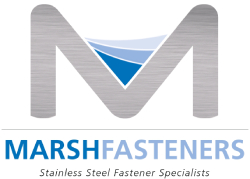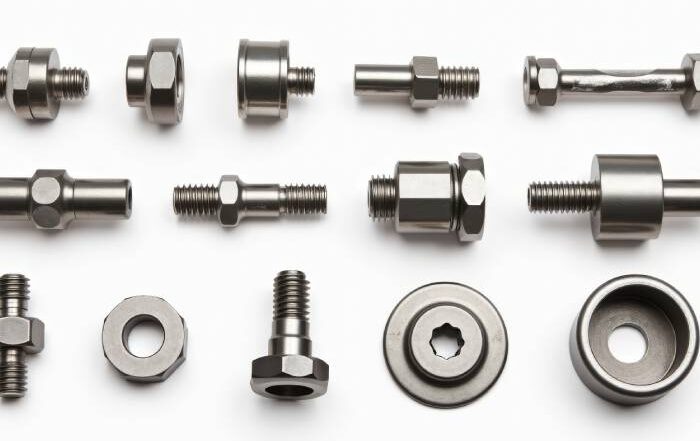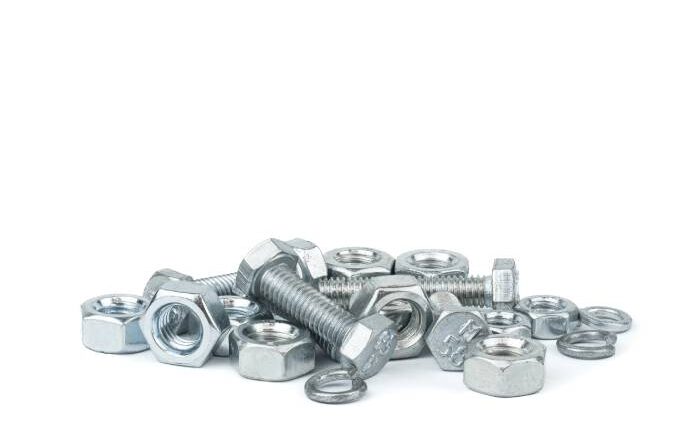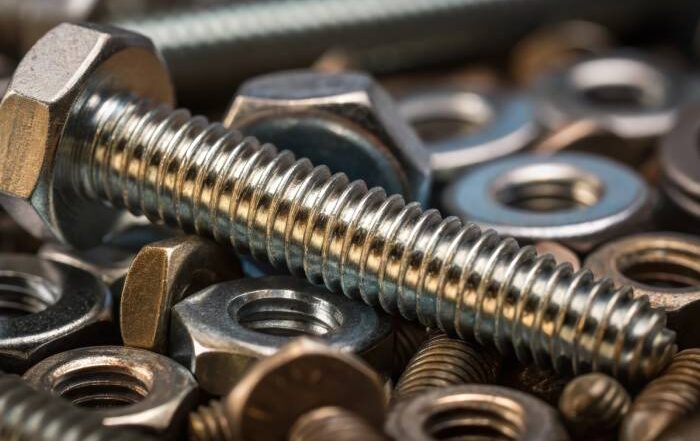
Stainless steel fasteners are quite popular these days because of their reliable corrosion-resistant and recyclable properties. They offer resistance and durability during any weather condition. However, if these fasteners are not handled properly, you can cause damage to the entire setup. Below, we have a guideline of dos or don’ts when specifying and using stainless steel fasteners:
Do Not Choose The Wrong Grade of Stainless Steel
The most important step when using stainless steel fasteners is to check the grading of the steel. The two commonly used grades are 304 and 316. Grade 316 is more corrosion-resistant than 304.
SAE 316-grade stainless steel fasteners are ideal for saltwater environments. This type and grade of stainless steel contain molybdenum which helps to prevent the kind of pitting corrosion that is caused by salt water.
Whether required for a marine application, a high salt environment, or for any other corrosive situations or stressors that require anti-corrosion and high tensile strength, you can’t go wrong with 316-grade stainless steel. It is a perfect fit as it provides resistance against the effect of metal oxidation. There are many guides available for choosing the right grade of steel fasteners.
It is also worth noting that 304 and 316-grade stainless steel can be paired together on a join as they have almost identical corrosion potential. This means that one will not rust faster than the other in most situations other than marine.
Use 18-8 grade (standard grade) stainless steel fasteners in non-salt water environments.
Do Select The Right Stainless Steel Fastener Finishes
Uneven finishes of stainless steel fasteners can leave a surface and spaces that trap dust particles, which can lead to damage to the protective layer of chromium oxide. If this happens, corrosion can start to occur and can, therefore, give a rusty appearance. A smoother finish eliminates the chance of any particles settling and allows for easier cleaning practices.
Apart from the rusty appearance, corrosion also compromises the strength and durability of stainless steel security screws, bolts, hexnuts, and rivets. These permanent fasteners are designed for high-torque applications and for ultra-secure joins, high-load bearing permanent joins, and joins that will withstand high pressure and stress. Any corrosion is to be avoided at all costs and the highest quality smooth stainless steel finishes are essential.
High grade (304 and 316) stainless steel fasteners with polished finishes are thus the best stainless steel fasteners for almost any application.
Do Choose Proper Cleaning Schedules for All Stainless Steel
Stainless steel fasteners last longer depending on the cleaning of the equipment. They, therefore, need to be cleaned to remove any contaminants (e.g. salt or dust) in order to maintain the stainless steel appearance.
Use the correct products and methods to clean your stainless steel fasteners to ensure that your fasteners stay in perfect condition, and do the job they are designed to do properly.
Clean dust, dirt, salts, and other potential contaminants off stainless steel fasteners with polished finishes with a soft cloth. If they are in use, you should clean around the join as well.
Exposed stainless steel surfaces and surfaces on high-grade polished stainless steel fasteners can be given extra corrosion resistance with ‘electropolishing’.
Do Store your Stainless Steel Fasteners Correctly
You should also keep your high-quality stainless steel fasteners dry in storage. Even though high quality and high-grade stainless steel is resistant to corrosion, stainless steel fasteners should routinely be stored so they are not exposed to moisture. This will ensure that there is no corrosion, even if your fasteners are stored for years.
Do not let the metal tips of drill bits or other metals touch your stainless steel fasteners in the toolbox. This can also lead to contamination and therefore corrosion, even without the presence of metal dust.
Do Not Contaminate The Exposed Fastener Surface
The bare part of the stainless steel fastener, which is exposed to the surface of a join, is often susceptible to contamination by metallic dust (e.g. iron filings). This rust on the surface of the stainless steel can gradually lead to corrosion. In order to prevent contamination, cover stainless steel with a suitable item to protect it from iron filings, until the work on a job site is complete.
Do Not Let Stainless Steel Fasteners Touch Galvanic Metals
Stainless steel fasteners are best used with stainless steel or other metals that are low on the ‘galvanic scale’. Using them with metals high on the ‘galvanic scale’, such as aluminum, can result in a specific type of corrosion called ‘galvanic corrosion’. This is caused by a reaction in metals such as aluminum when it comes into contact with stainless steel. Galvanic corrosion can be very rapid and severe – especially in marine environments.
However, stainless steel fasteners can be used with galvanized or galvanic metals if they do not touch them directly. This non-contact is achieved with rubber or plastic washers and gaskets.
Do Not Buy Low Nickel Stainless Steel Fasteners
Low Nickel Stainless steel is not suitable to resist the action of rusting as they usually have lower chromium. Opt for the corrosion-resistant properties offered by 316 stainless steel studs.
Importantly, make sure that you purchase your 304 or 316 grade stainless steel fasteners from reputable suppliers. Nickel is an expensive ingredient in stainless steel alloys. The highest grades of stainless steel used for the best specialty stainless steel fasteners have the most nickel. As a result, some manufacturers have produced low nickel fasteners with high manganese content in the stainless steel alloy instead, and they are sold as 304 and 319 grade stainless steel fasteners. But with low levels of chromium, they are not anti-corrosion, especially in marine or high salt environments, and they can rust quickly.
Marsh Fasteners For Specialty Stainless Steel Fasteners
Marsh Fasteners is a leading source for stainless steel and marine grade fasteners and hardware. With an extensive inventory of quality fasteners, which includes stainless steel fasteners in 18-8, 304 & 316 stainless steel, you will never need to look anywhere else for your stainless steel fasteners. We have an extensive metric stainless steel fasteners department as well. For more information on our stainless steel fasteners, contact us now.



